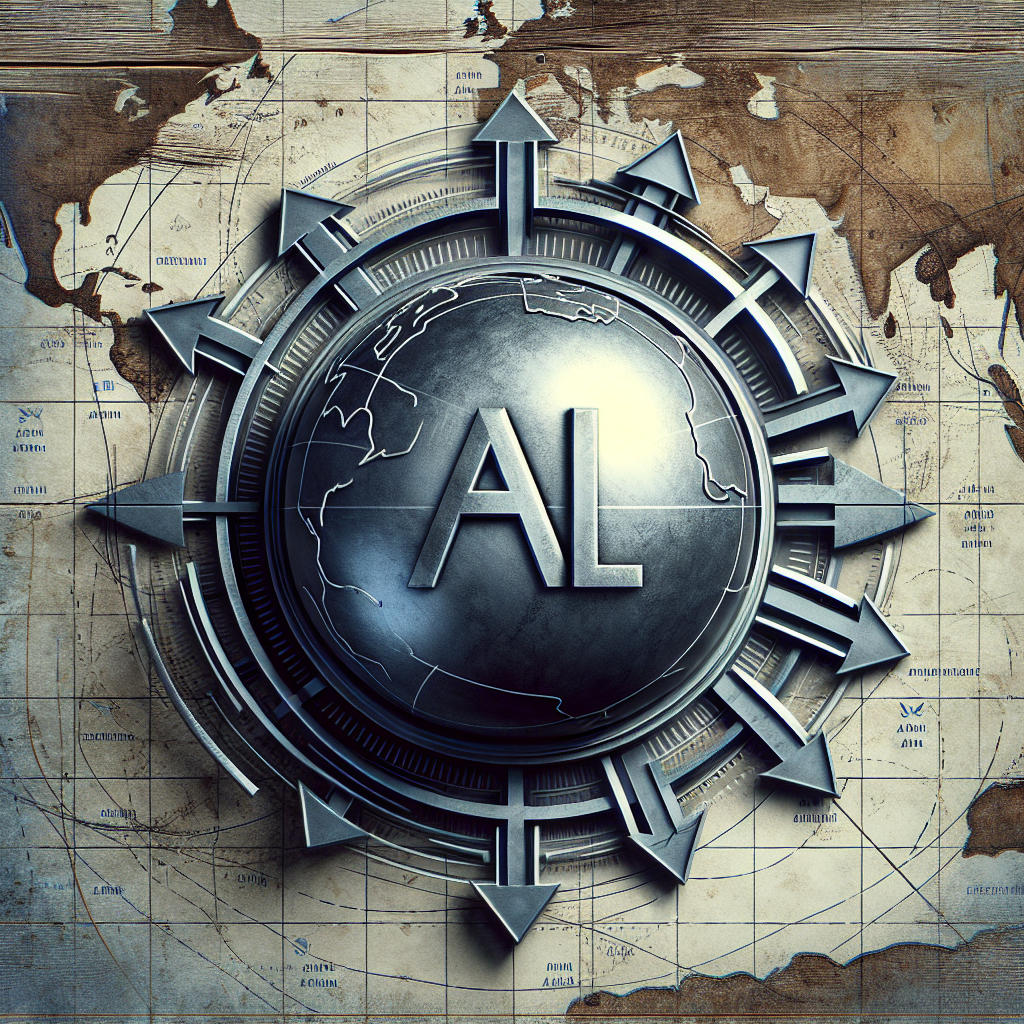Artificial intelligence (AI) has become an integral part of modern warfare, offering a wide range of capabilities that can enhance military operations. However, the use of AI in warfare raises a number of ethical dilemmas that need to be carefully considered. From autonomous weapons systems to the potential for AI to make life-and-death decisions on the battlefield, there are a number of complex issues that must be addressed.
One of the key ethical dilemmas of AI in warfare is the question of autonomous weapons systems. These are weapons that can operate without human intervention, using AI algorithms to select and engage targets. While autonomous weapons systems have the potential to reduce the risk to human soldiers and civilians, they also raise concerns about the potential for machines to make life-and-death decisions without human oversight.
Proponents of autonomous weapons systems argue that they can improve the efficiency and effectiveness of military operations, allowing for faster and more precise targeting of enemy forces. They also argue that autonomous weapons systems can reduce the risk of civilian casualties by making decisions based on objective data rather than emotion or bias.
However, critics of autonomous weapons systems raise a number of ethical concerns. They argue that machines lack the ability to make moral judgments and may not always distinguish between combatants and non-combatants. There is also the risk of autonomous weapons systems being hacked or malfunctioning, leading to unintended consequences.
Another ethical dilemma of AI in warfare is the potential for AI to make decisions that could result in harm to civilians or violate international law. AI algorithms are trained on vast amounts of data, including information about enemy forces, civilian populations, and the rules of engagement. While AI can process this data quickly and make recommendations for military actions, there is always the risk of errors or biases in the algorithms.
There is also the question of accountability when AI is used in warfare. If a machine makes a decision that results in harm to civilians or violates international law, who is ultimately responsible? Should the programmers, commanders, or soldiers be held accountable for the actions of AI systems?
Another ethical dilemma of AI in warfare is the potential for AI to be used in ways that undermine human dignity and autonomy. For example, AI algorithms could be used to profile individuals based on their behavior or beliefs, leading to discrimination or targeting of specific groups. There is also the risk of AI being used for surveillance or censorship, limiting freedom of expression and privacy rights.
In addition to these ethical dilemmas, there are also practical challenges that need to be addressed when using AI in warfare. For example, there is the question of how to ensure that AI systems are secure and cannot be hacked or manipulated by adversaries. There is also the challenge of ensuring that AI systems are reliable and accurate, especially in high-stakes military operations.
To address these ethical dilemmas and challenges, there are a number of steps that can be taken. First and foremost, there needs to be greater transparency and accountability in the development and use of AI in warfare. This includes ensuring that AI systems are designed and programmed with ethical considerations in mind, and that there are clear guidelines for how they should be used on the battlefield.
There also needs to be ongoing dialogue and engagement with experts, policymakers, and the public to ensure that the ethical implications of AI in warfare are fully understood and addressed. This includes considering the potential impact of AI on civilian populations, international law, and human rights.
In addition, there needs to be greater investment in research and development to ensure that AI systems are secure, reliable, and accurate. This includes developing robust testing and validation processes to ensure that AI systems perform as intended and do not have unintended consequences.
Overall, the ethical dilemmas of AI in warfare are complex and multifaceted, requiring careful consideration and a thoughtful approach to ensure that AI is used in a way that is ethical and responsible. By addressing these challenges head-on and engaging in open and transparent dialogue, we can ensure that AI enhances military operations while upholding ethical standards and values.
FAQs:
Q: What are some potential benefits of using AI in warfare?
A: Some potential benefits of using AI in warfare include improved efficiency and effectiveness of military operations, reduced risk to human soldiers, and the ability to process vast amounts of data quickly and make informed decisions.
Q: What are some potential risks of using AI in warfare?
A: Some potential risks of using AI in warfare include the potential for autonomous weapons systems to make life-and-death decisions without human oversight, the risk of errors or biases in AI algorithms, and the potential for AI to be used in ways that undermine human dignity and autonomy.
Q: How can the ethical dilemmas of AI in warfare be addressed?
A: The ethical dilemmas of AI in warfare can be addressed by ensuring transparency and accountability in the development and use of AI systems, engaging in ongoing dialogue and engagement with experts and policymakers, and investing in research and development to ensure that AI systems are secure, reliable, and accurate.

